AI review management is transforming how hotels handle guest feedback, making it faster, smarter, and more personalized. In today’s hospitality landscape, where automation and efficiency are essential, many hoteliers are turning to AI-powered tools to streamline review responses and boost customer engagement. Modern brands in hospitality are leveraging these advanced tools to stay competitive and effectively manage their online reputation. These tools promise to save time, maintain consistency, and even improve guest satisfaction.
In this guide, we’ll break down how AI review management works, what features to look for, and what pitfalls to avoid. Whether you’re exploring AI for the first time or looking to upgrade your current system, this article will help you make confident, informed decisions that enhance, not hinder, your reputation strategy. Consumers increasingly rely on online reviews, star ratings, and digital feedback when making booking decisions, making effective review management crucial for influencing consumer perceptions and loyalty.
What is AI review management?
AI review management refers to the use of artificial intelligence to monitor, analyze, and respond to customer reviews across various online platforms. These tools are designed to help businesses, especially those in hospitality, manage their online reputation efficiently and at scale. By automating time-consuming tasks like review categorization, sentiment analysis, and multilingual responses, AI tools allow hoteliers to maintain consistency while still delivering personalized, brand-aligned replies. Brands use AI review management to protect their reputation, ensure compliance with industry standards, and safeguard brand credibility against fake or AI-generated reviews.
Modern AI review management platforms can detect emotional tone, suggest appropriate responses, and even flag reviews that require human attention. This not only saves time but also ensures timely engagement, which is critical for maintaining guest satisfaction and loyalty, without overwhelming the front desk or marketing team. Teams across departments, such as location managers and customer support, can collaborate more efficiently using AI review management platforms, streamlining workflows and enhancing coordinated reputation management efforts.
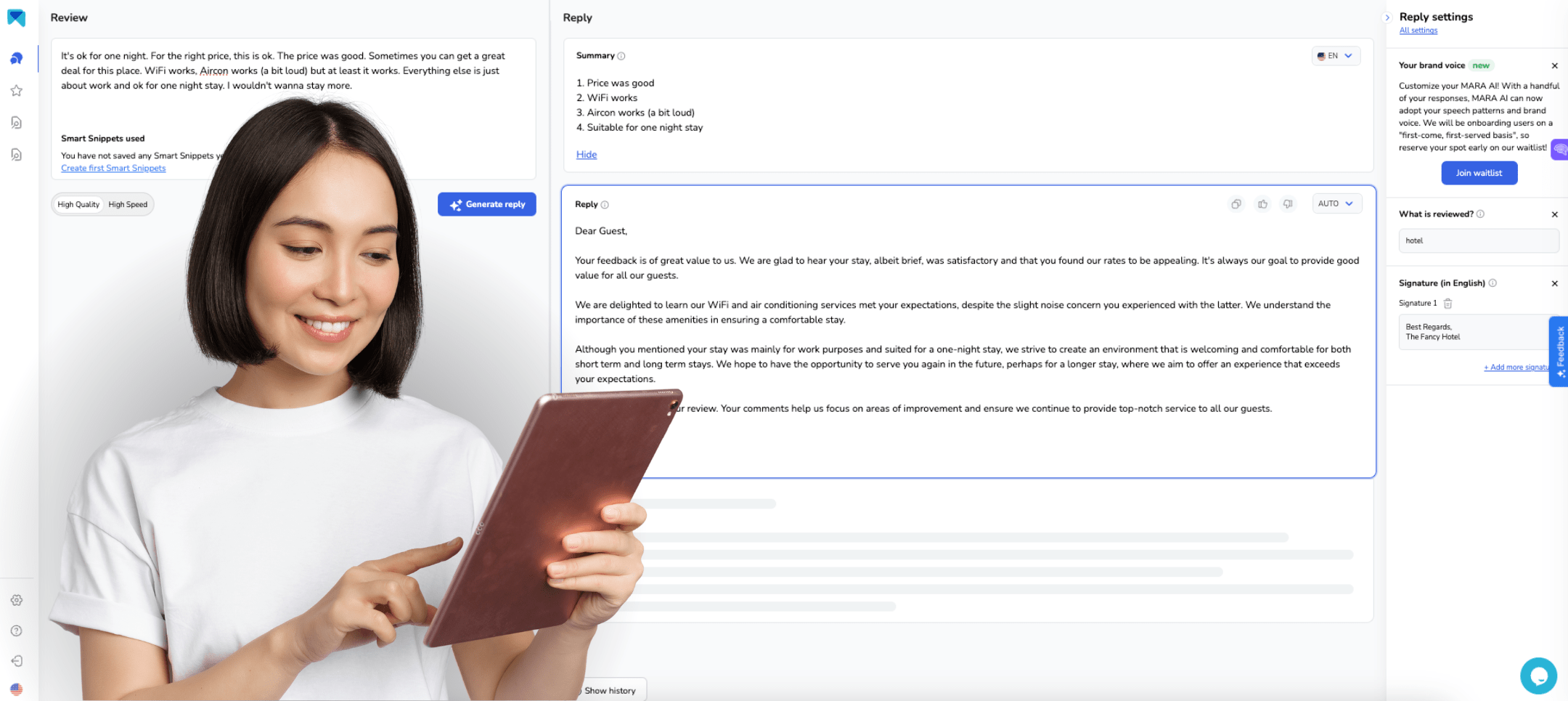
Importance of AI review management in Google Reviews
Google reviews play a pivotal role in shaping a business’s online reputation and driving growth. As one of the most visible forms of customer feedback, Google reviews directly impact how your business appears in search engines and on Google Maps. More reviews, especially positive reviews, can significantly boost your local SEO, making it easier for new customers to find you and increasing your website traffic.
A high star rating and a steady stream of new reviews not only attract more customers but also build credibility and trust. Businesses with more Google reviews often see more leads and higher conversion rates, as potential customers are more likely to choose a business with a strong online presence. AI-powered review management tools make it easier than ever to collect and manage Google reviews, respond to customer feedback quickly, and encourage happy customers to leave positive reviews. By integrating these tools into your review management strategy, you can enhance your online reputation, improve your search engine rankings, and ultimately drive more business to your website.
How can AI analyze customer reviews?
Here's how AI tools analyze online customer reviews:
- Collect reviews from multiple sources – Gathers feedback from websites, social media, and feedback platforms.
- Understand context and sentiment – Uses natural language processing (NLP) to interpret meaning and emotions.
- Categorize by topic and sentiment – Machine learning sorts reviews into positive, negative, or neutral categories.
- Identify trends and recurring issues – Detects common praise and problems to reveal actionable insights.
- Track customer satisfaction over time – Monitors sentiment shifts to guide improvements in service and guest experience.
To dive deeper into AI tools for hospitality, check out Take Hotel Management to the Next Level with AI: Essential Tools Every Hotelier Needs.
What are the benefits of AI-powered review management?
Below are the core benefits that make AI review management a valuable tool in today’s hospitality landscape:
- Managing guest reviews – Collect, monitor, and respond to reviews efficiently across platforms.
- Surfaces actionable insights from guest feedback – Analyze sentiment and trends to identify service improvements.
- Maintains a personalized tone at scale – Deliver brand-aligned, human-like responses to engage guests.
- Supports multilingual guests effortlessly – Translate and reply to international guests without extra staff.
- Boosts online reputation and search visibility – Improve ratings, reviews, and local search rankings.
- Responding to bad reviews – Craft empathetic replies and address recurring issues for better service.
{{blog-cta="/features/product-updates"}}
Let's explore them each:
1. Managing guest reviews
Effectively managing customer reviews is at the heart of successful reputation management. With feedback coming in from multiple review sites, businesses need a streamlined approach to collect, monitor, and respond to reviews efficiently. AI-powered review management tools empower businesses to manage reviews faster, ensuring that no customer feedback goes unnoticed.
These tools analyze customer reviews to gain valuable insights into what your customers love and where there’s room for improvement. By identifying happy customers, businesses can encourage them to leave reviews, generating more positive feedback and strengthening their online reputation. AI-powered solutions also enable businesses to provide personalized responses at scale, boosting customer satisfaction and demonstrating genuine engagement. With the ability to manage reviews across platforms, businesses can maintain a consistent reputation, respond to feedback promptly, and use the insights gained to refine their services and exceed customer expectations.
2. Surfaces actionable insights from guest feedback
AI tools analyze review text for sentiment, recurring topics, and pain points. This helps hoteliers identify operational issues, staff performance trends, or service areas needing improvement, all without manually sorting through every review.
3. Maintains a personalized tone at scale
With customizable tone settings and brand-specific training data, AI-generated replies can reflect your hotel’s personality and values. This makes responses feel human and aligned with your brand, even when written by machines. Maintaining a personalized tone helps keep customers engaged and fosters loyalty.
4. Supports multilingual guests effortlessly
AI review tools translate and respond in multiple languages, allowing global properties to engage with international guests fluently, without hiring additional language specialists.
5. Boosts online reputation and search visibility
Responding promptly and professionally to reviews signals active management to potential guests and search engines, and a higher volume of reviews helps your hotel stand out in local search results, attracting more guests. This can lead to higher star ratings, better review scores, more reviews, and improved rankings in local search results, driving more direct bookings.
6. Responding to bad reviews
Responding to negative reviews promptly and professionally is essential to protecting your hotel’s reputation. AI-powered review management tools help craft personalized, empathetic responses that acknowledge guest concerns and offer solutions. These tools also detect recurring issues in bad reviews, allowing hoteliers to make data-driven improvements and reduce future complaints. Handled well, a bad review becomes an opportunity to showcase excellent service and rebuild trust.
What to look for in an AI review management tool?
When evaluating AI-powered review management tools, keep an eye out for the following features:
- Good quality responses – AI should craft professional, positive replies to guest reviews, avoiding phrases that reinforce negativity.
- Personalization and brand voice – Allow customization of tone, style, and signatures to reflect your brand consistently.
- Inclusion of business information – AI should incorporate key business details and smart snippets for common issues to streamline responses.
Effective tools should also make it easy to send review requests to guests, helping you gather more feedback and improve your online reputation. Let's explore them one by one
1. Good quality responses
What may seem trivial is actually not. Many AI tools will attempt to deceive you with well-written texts that may appear polished but could potentially harm your online reputation. Therefore, it is important to use a tool that is specifically designed for generating responses to guest reviews like MARA rather than relying on generic AI tools like ChatGPT.
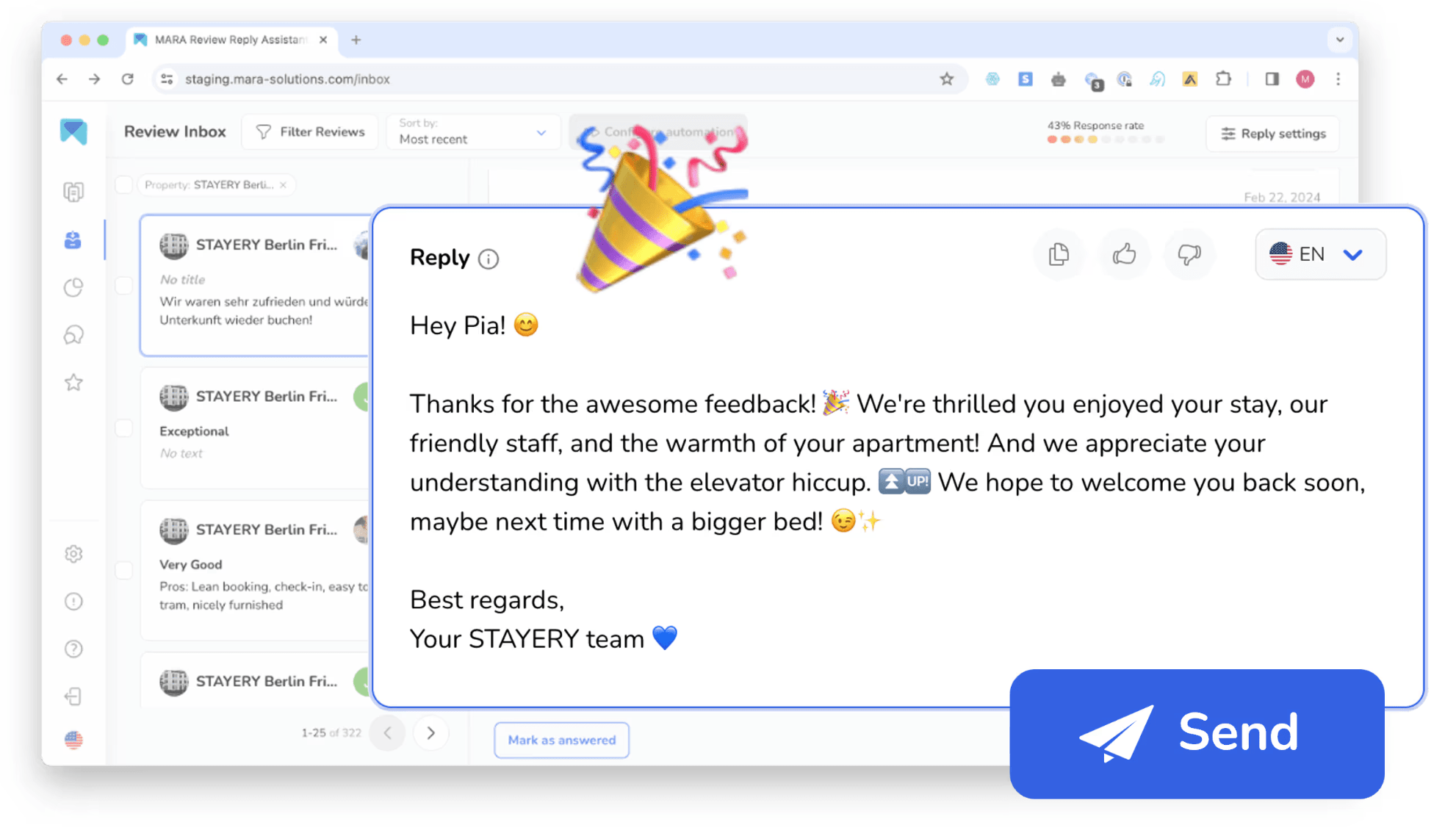
Our AI is designed to provide the best possible response to online reviews by following various best practices, including avoiding the use of negative language. For example, when a guest complains about dirty rooms, ChatGPT sometimes repeats the negative phrase "dirty room" in its response, reinforcing the negative aspect of the review. In contrast, MARA takes a more professional and positive approach by using positive language. For instance, MARA might respond with, "At our hotel, we prioritize maintaining the cleanliness of our rooms to the highest standard. We apologize for not meeting that expectation in your case.”
To learn more about how you can leverage the power of MARA and other AI tools for your business, read our article Get the Most Out of ChatGPT: How Hotels Can Leverage the Technology.
2. Personalization and brand voice
Your team is the heart of your customer service operations. They know your brand and your customers inside out. So, it's crucial that your AI tool allows your team to make the AI responses really personal. That can be little things like adding a signature, changing the overall tone of voice, or the length of replies. Whether it's a formal tone or a casual and hip chat, your team should have the power to dictate it.
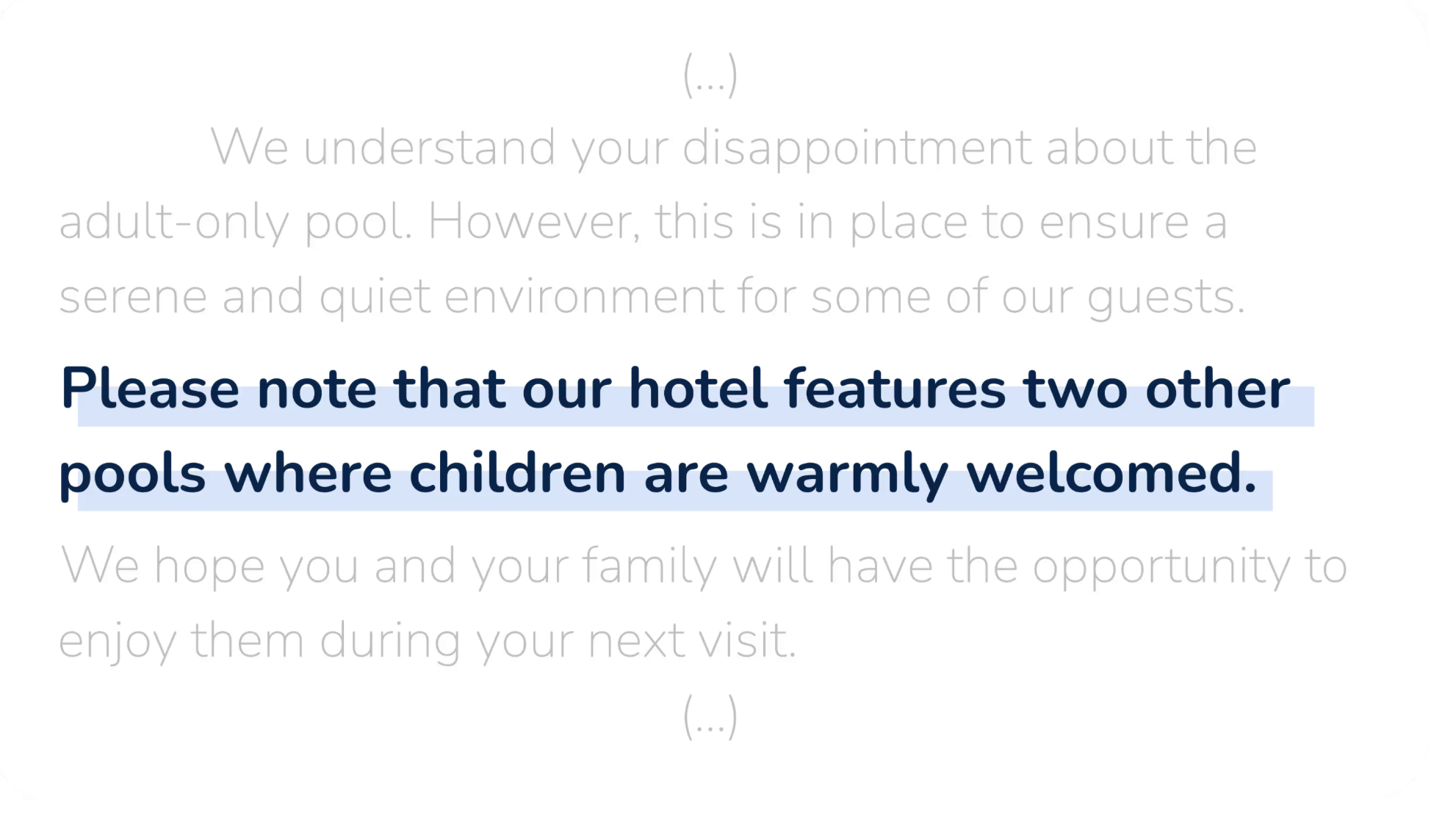
For AI responses to be truly effective, your tool should be trained on your brand's tone, response style, and best practices. Learning from previous replies is the key here. This customization ensures that the AI generates responses that align with your brand's personality. This not only helps maintain a consistent brand voice but also speeds up response times. After all, customers appreciate a quick reply.
3. Inclusion of business information
When you start using AI, you may find yourself repeatedly editing parts of the AI-generated response. This is often the case because many AI Review Assistants lack knowledge about your business and how you would like to respond to specific topics in your reviews. For example, if some guests complain about limited parking options, you should emphasize that you are proud to offer a secure garage in the heart of the city, which is unique in the neighborhood. Additionally, there is a nearby parking lot for guests who arrive late and find no available parking spaces.
It’s important to remember that while you should express regret over negative reviews, your responses are mainly for potential guests. With this in mind, it’s highly recommended to teach your AI solution to respond to recurring complaints or praises. These smart snippets can help you and your team respond to common issues with just a few clicks. This will help you streamline an efficient review management process, one that’s geared and customer relationships.
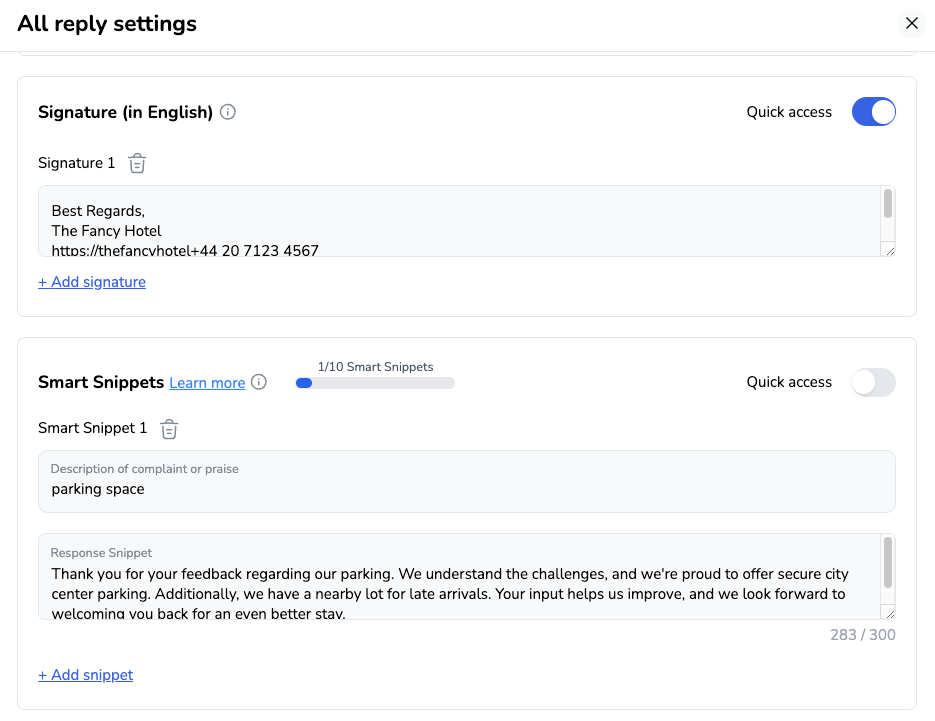
What to avoid in AI review management tools?
Here's what you have to prevent when using AI in review management:
- Over-automation – Avoid fully replacing human input; maintain a personal touch to keep responses genuine.
- No hallucination – Ensure AI only uses accurate, factual information to prevent misleading or false responses.
- Simple GPT wrapper – Don’t rely on generic GPT tools; choose solutions that understand your business context and brand voice.
- Complex setup – Pick user-friendly AI tools that are quick to set up and easy for your team to use effectively.
While AI-powered review management tools have immense potential, there are some pitfalls to avoid. Ineffective review management can harm your online reputation and deter potential customers. It can also lead to lost sales and hinder business growth.
1. Over-automation
It's easy to get carried away with automation. While AI can handle many aspects of review responses, don't let it completely replace the human touch. Over-automation can make your responses sound robotic and unfeeling. Remember, customers appreciate a personalized touch, so find the right balance between AI and human interaction.
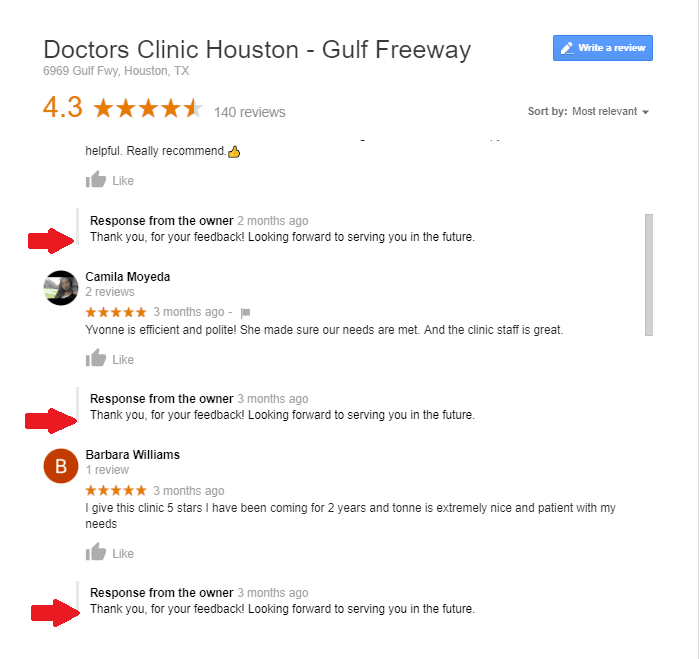
2. No hallucination
AI tends to be prone to "hallucination," which means it often generates information that wasn't included in the initial context or is outright false. In other words, it invents things out of thin air. This feature could obviously be detrimental when it comes to responding to customer reviews, which require accurate and factual information. MARA’s AI Review Reply Assistant is optimized to not hallucinate and only use information that is factually correct.
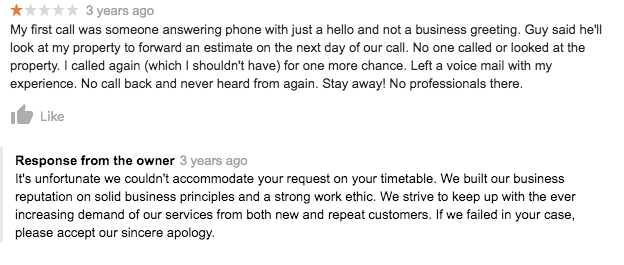
3. Simple GPT wrapper
Be wary of tools that merely wrap GPT technology without any other solid features. GPT has been trained on a vast amount of internet text, but it's not inherently product-specific. This means that out of the box, its knowledge is general, and it does not understand your specific business context. Thus, using GPT as is may result in generic responses that don’t reflect your brand’s voice or address the specific concerns raised in reviews. Make sure the tool you choose goes beyond simple GPT capabilities and provides a level of customization, allowing it to learn and adapt to your specific business requirements.
4. Complex setup
When selecting an AI review response tool, the ease of use and setup should be a top consideration. Even the most high-tech, sophisticated tool won't do any good if it's so complex that your team struggles to use it or doesn't use it at all. An ideal AI tool should be simple to set up and navigate, with a user-friendly interface and intuitive controls.
MARA's AI Review Reply Assistant is ready in under 2 minutes and does not require a master's degree in IT. Simply register for free and start copying your reviews into the tool. With a single click on "generate reply," you will receive a personalized response in seconds.
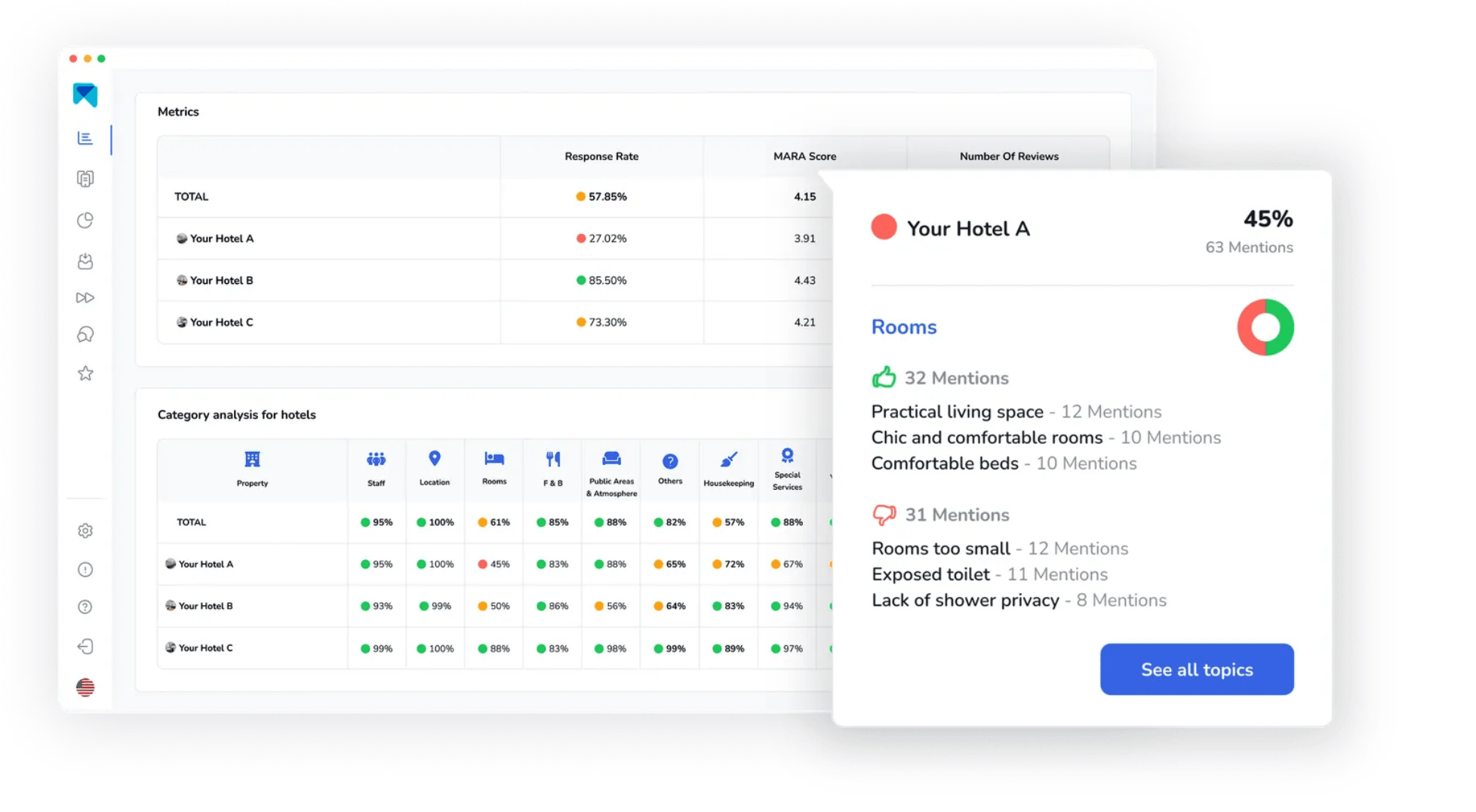
MARA: The #1 AI review management tool of 2026
MARA AI is an intuitive assistant that makes responding to online reviews effortless. It streamlines your online reputation management process, making it faster, more personalized, and highly efficient. MARA AI leverages advanced technology to analyze guest feedback and craft tailored responses, enhancing guest satisfaction and strengthening your brand reputation.
Centralized Review Inbox
One of the key features of this tool is the Review Inbox. Your review inbox makes responding to reviews as simple as hitting "Generate reply" and clicking "Send". The Review Inbox connects to multiple review sources, including Google, Booking.com, and Tripadvisor, giving you a panoramic view of all your reviews. And you can even configure review response automation: Why not allow MARA to automatically respond to simple reviews, like 5-star Google reviews with no text, ensuring you never miss a review? Daily notifications about new reviews keep you updated and in control.

Advanced Review Analytics
To help you understand and analyze the multitude of reviews, the Review Assistant also incorporates Review Analytics. This provides actionable, easy-to-understand insights that are tailored exclusively to your business. With MARA, you can quickly get the gist of all your reviews without needing to read each one. The analysis is so detailed that you can find out about specific issues like "water in the pool is too cold" or "lack of vegan breakfast option”. These insights help optimize guest experience without requiring you to be a data expert.

Optimized Guest Feedback Collection
MARA also helps you gather more reviews with its Guest Feedback Collection feature. You can create conversion-optimized surveys in minutes and share them via a dedicated link. Guests will be asked about their experience, and those with positive feedback will be encouraged to leave a public review on platforms like Google or Tripadvisor. The tool allows you to configure survey routing based on the overall rating and even generates a draft review for guests to increase conversions. The survey link can be included in post-stay emails, or a QR code can be displayed at your property to collect more feedback and improve your online reputation effortlessly. Using QR codes as a tool for capturing instant feedback and reviews from guests makes it easy for them to respond on the spot, streamlining the review collection process.

The most personal response AI
MARA's AI isn't just about efficiency; it's about personalization too. The Brand Voice feature allows the AI to adapt to your tone, making sure your responses sound authentically you. Plus, with Smart Snippets, you can "teach" the AI how to respond to recurring praises or complaints. Your AI then incorporates this information into its responses, but always with different words, providing more personalized, relevant replies.
This review response assistant has quickly become a game-changer for over 2000 customers. Its promising capacity to elevate your overall rating, amplify response rates, glean insights from customer feedback, and economize both time and money is the reason behind its growing popularity.
Managing online reviews need not be an overwhelming task. With the appropriate software, not only can you streamline the process, but you can also personalize your responses and derive valuable insights from the reviews. So, why hesitate to give our AI Review Assistant, MARA, a try? It's completely free for testing, doesn't require a credit card, and can be fully operational in less than five minutes.
{{blog-cta-book-demo="/features/product-updates"}}
Final thought
AI-powered review management tools have the potential to revolutionize the way you engage with your customers. They can save you time, maintain brand consistency, and provide valuable information to your customers. However, it's crucial to choose the right tool that aligns with your brand's style, is highly customizable, and is easy to set up. By finding the perfect balance between AI and the human touch, you can enhance your customer engagement strategy and keep your customers happy.
This article is part of our hero content on "AI Review Replies: All You Need to Know" and “The Future of AI in Hospitality: Trends, Tools, and Use Cases".
Frequently Asked Questions:
AI-powered tools can benefit a wide range of businesses, but their suitability depends on your specific needs and customer engagement strategy. Small businesses to large enterprises can find value in these tools if they choose the right one.
Customization is key. Look for tools that allow you to input specific instructions and tone preferences. Regularly review and refine the responses generated to maintain a natural, human-like feel.
You can limit the risk by choosing a tool that is optimized for responding to reviews and offers ways to personalize responses.
Data security is crucial. Choose a tool that prioritizes data protection and complies with relevant privacy regulations to safeguard customer information.
Look at factors like response time, brand consistency, and customer satisfaction. Regularly assess the tool's performance and make adjustments as needed.


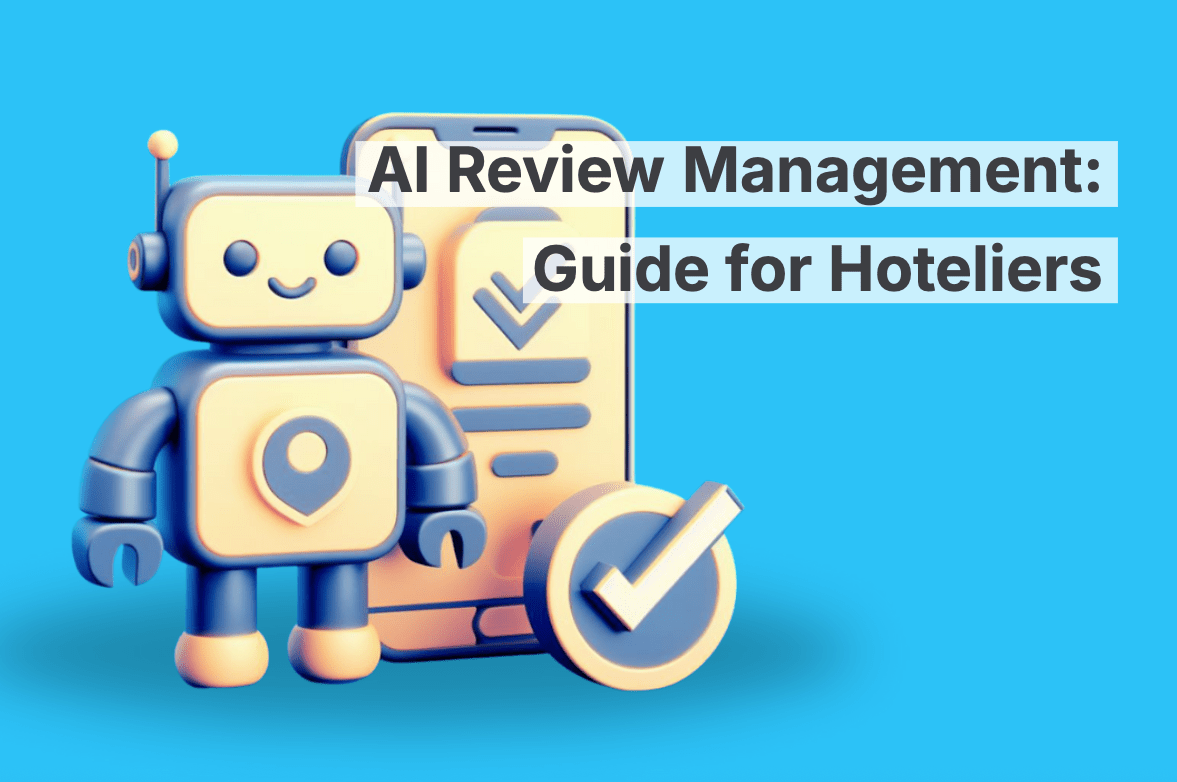






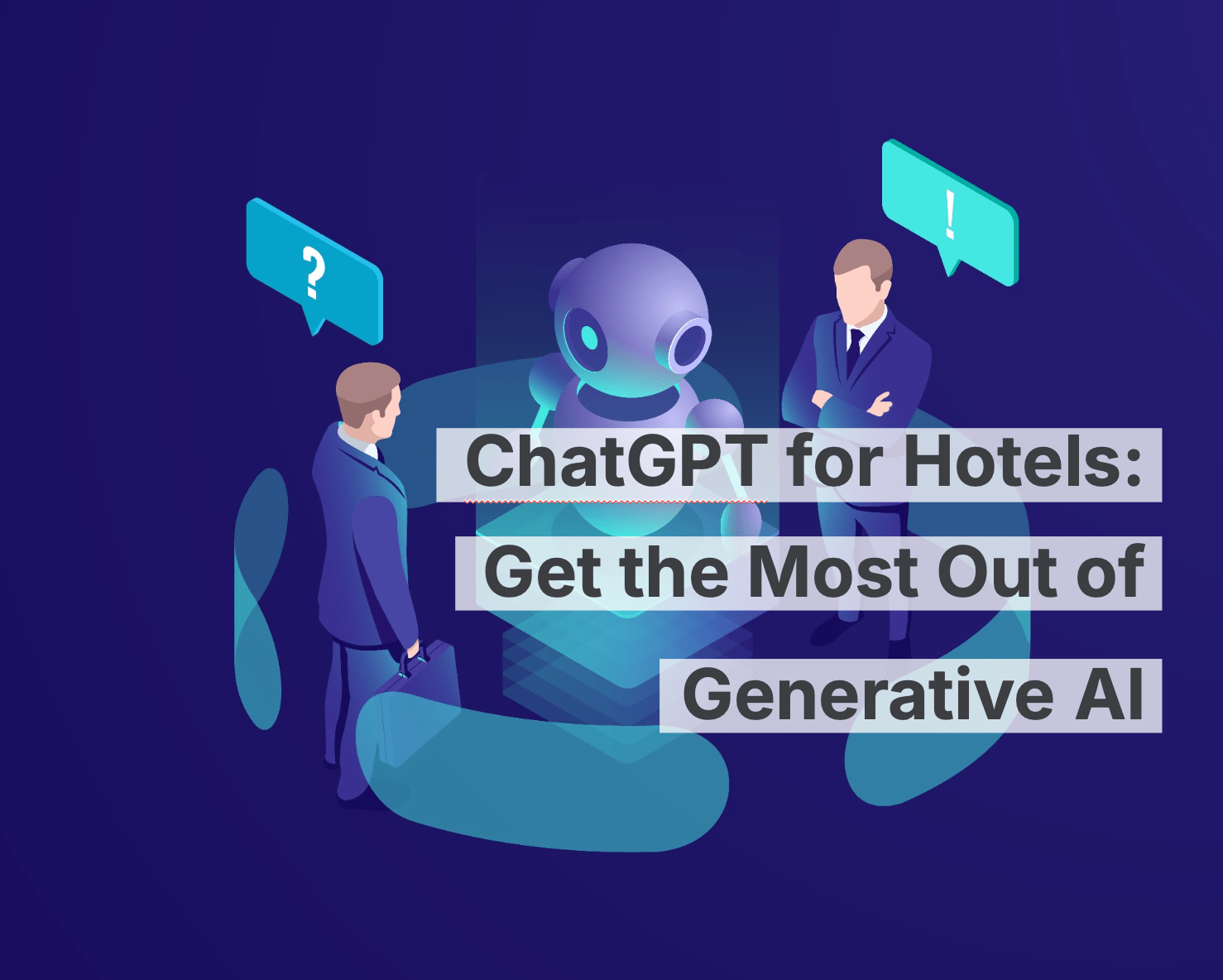









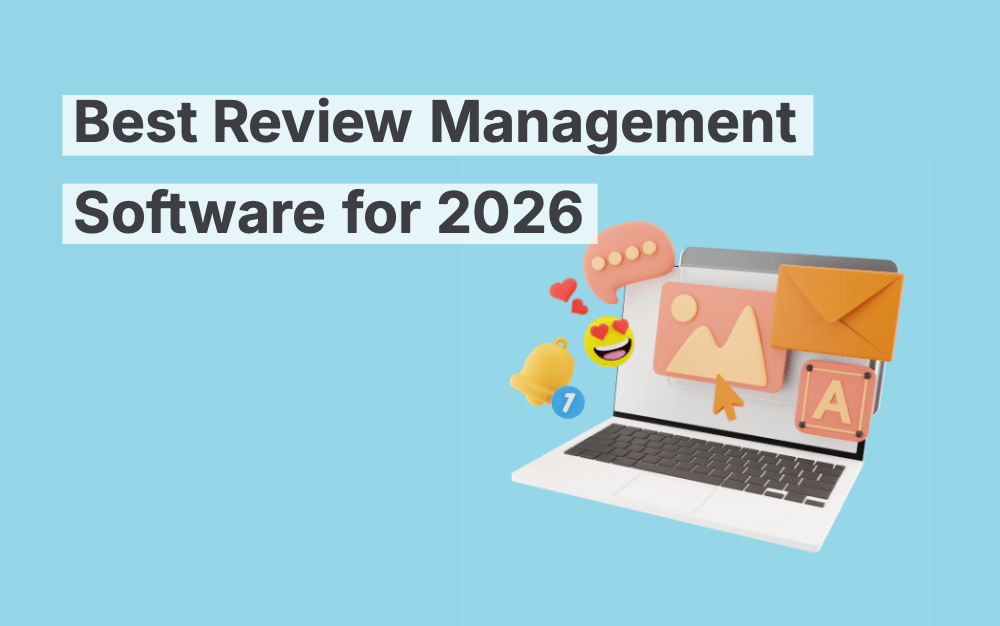





-min.avif)
